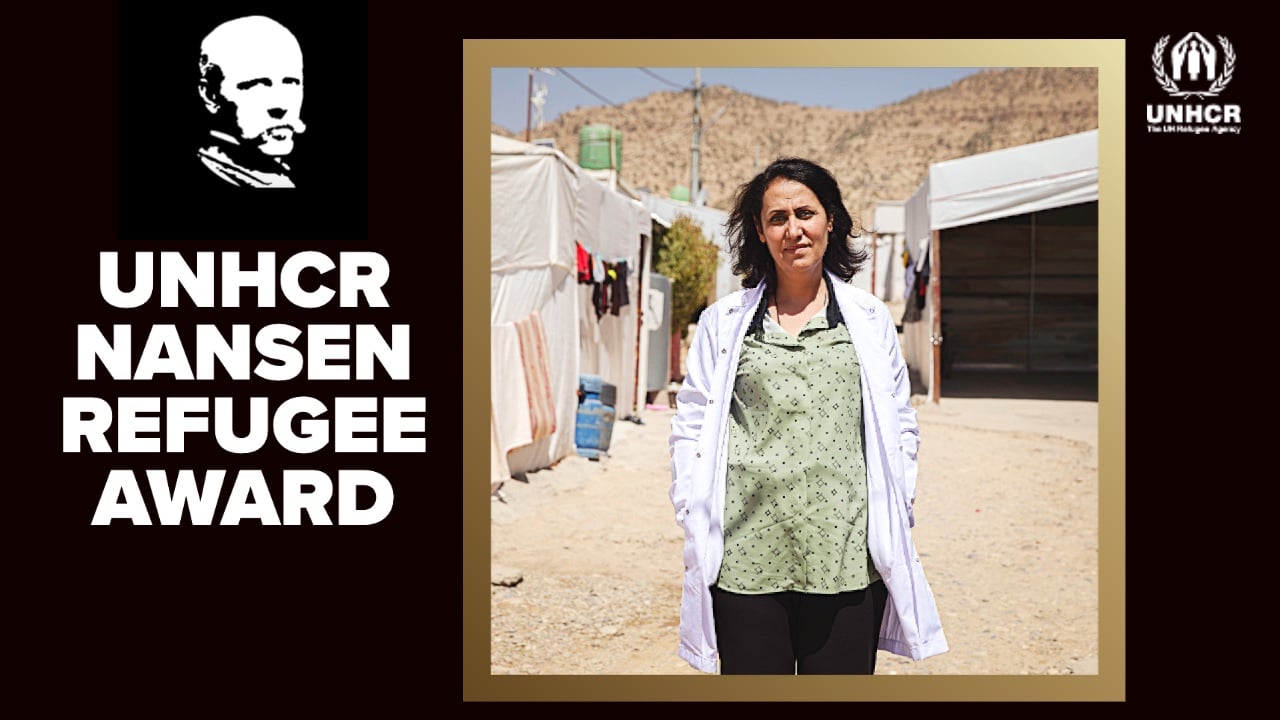Iraq
Iraq
Iraq is currently experiencing relative stability and an increase in state revenue, however, the country still faces protracted humanitarian and development needs, a complex political environment, and a volatile security situation.
Iraq hosts over 300,000 refugees and asylum-seekers (as at the end of 2023), more than 90% of whom are Syrians (some 270,000). Almost 91% of all the refugees in Iraq live in the Kurdistan Region (KR-I) while the rest reside in central and southern governorates in Federal Iraq. Of the over 270,000 refugees living in the KR-I, 34% reside in nine refugee camps while 66% live in urban settings, primarily in Erbil followed by Dohuk and Sulaymaniyah. The rest of the refugee population (about 27,000) live in Federal Iraq in urban settings, mainly in Baghdad (55%). The Syrian refugees face limited prospects for immediate return, primarily due to the insecurity and challenging living conditions in the North-East region of the Syrian Arab Republic where most of them originate from.
Iraq has an internally displaced population (IDPs) of 1.14 million, some of whom face significant obstacles preventing their return to their homes or successful integration into local communities. In terms of barriers to return, IDPs report insecurity, a lack of livelihood opportunities and financial resources as well as damaged housing in their areas of origin and a perceived affiliation with extremist groups. In addition, 5 million IDPs have already returned and enjoy their rights on par with the rest of the Iraqi population but also face similar challenges.
Given that the remaining protection concerns affecting displaced populations in Iraq predominantly stem from socio-economic factors, human rights deficits and the absence of the rule of law, UNHCR's activities have been transitioning from an emergency response to a more sustainable development approach. Therefore, UNHCR's interventions primarily focus on furthering the inclusion of refugees in public services and policies such as healthcare, Water Sanitation and Hygiene (WaSH) and education while providing individualized assistance to those in the most vulnerable situations.
In tandem, UNHCR is seeking lasting solutions for IDPs, including through facilitating their access to civil documentation and promoting their inclusion in Iraq's social protection systems. UNHCR also continues to pursue efforts to eradicate statelessness in Iraq in line with UNHCR’s Global Action PlanLink is external, and the #IBelong Campaign to End Statelessness by 2024.
For information about our work in Iraq:
Are you a refugee or asylum-seeker in Iraq? Find information about your rights and available services on our HELP site.
For up-to-date information about our programmes and operations in Iraq, including funding level and donor contributions, visit Global Focus, UNHCR's reporting portal.
For legislation, case law and UNHCR policy relating to claims for international protection, visit Refworld.
Office contact details
For information about our operation in Iraq, please contact us through our Headquarters in Geneva, Switzerland.








